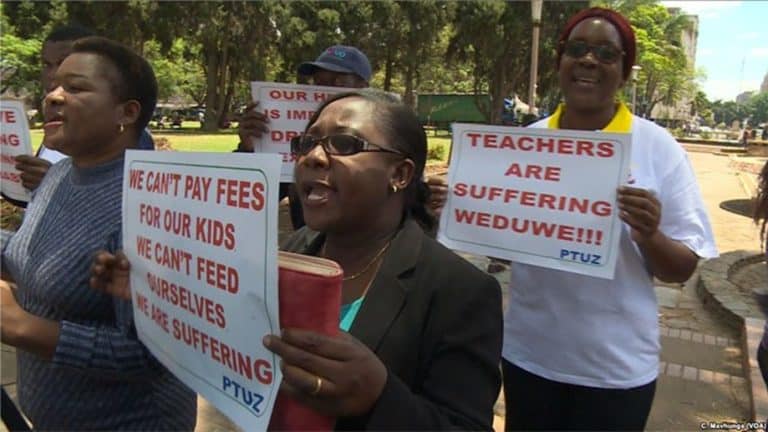
Zimbabwe may soon see an end to the nationwide strike by university lecturers following the announcement that President Emmerson Mnangagwa has approved a set of recommendations aimed at resolving the standoff. Presidential spokesperson George Charamba confirmed that the president endorsed proposals presented by education and labor officials to address the core grievances of striking academic staff.
The strike, which has disrupted academic activities across state universities, stems from long-standing disputes over low salaries, poor working conditions, and lack of meaningful engagement from the government. Lecturers have demanded salary adjustments aligned with the rising cost of living and inflation, alongside improved research support and campus infrastructure.
Charamba stated that the president’s approval signals a commitment to restoring stability in the higher education sector. Although the full contents of the recommendations have not been publicly disclosed, insiders suggest they include phased salary reviews, non-monetary incentives such as housing schemes, and the establishment of a joint consultative forum between government and academic unions.
The government is under increasing pressure to resolve the crisis amid growing concerns from students, parents, and education stakeholders. Prolonged disruptions have threatened the academic calendar and raised fears of long-term damage to the quality of higher education in the country.
Unions representing the lecturers, including the Zimbabwe Universities Academic Staff Association (ZUASA), have acknowledged the development but stressed that tangible action not just verbal commitments is needed to end the strike. They have called for a formalized implementation plan and clear timelines.
If successful, the resolution of the strike could restore confidence in the education sector and reaffirm the government’s capacity to respond constructively to public sector grievances. However, analysts warn that deeper reforms will be necessary to prevent future unrest, including a long-term review of public service salaries and institutional funding.
As Zimbabwe looks to stabilize its academic institutions, all eyes remain on the government’s next steps and whether they will follow through on the promises made.

